Medewerkers met het vakgebied Aziëstudies
Wetenschap ontwikkelt zich waar verschillende vakgebieden samenkomen. Alleen al daarom bestaat er binnen de RUG een grote verscheidenheid aan vakgebieden, met daarbinnen een groot aantal vakspecialisten. Met behulp van onderstaand overzicht, gebaseerd op een vaststaande indeling van wetenschapsgebieden, vindt u op elk vakgebied de juiste deskundige. Komt de deskundige die u zoekt niet voor in deze lijst? Via een vergelijkbaar vakgebied of een gerelateerde faculteit vindt u mogelijk alsnog de juiste persoon.
Overzicht van alle vakgebieden
socio-cultural anthropology, India (esp. Odisha)
theory and history of anthropology; anthropology of religion; indigenous religions; in relation to the aforementioned areas mainly the following topics: values, cosmology, ritual, food, death, cultural and... lees meer
theory and history of anthropology; anthropology of religion; indigenous religions; in relation to the aforementioned areas mainly the following topics: values, cosmology, ritual, food, death, cultural and... lees meer
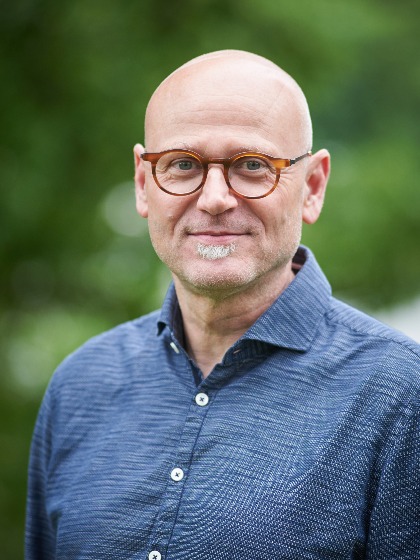
Contact
Functie
Associate Professor of Indian Religions and the Anthropology of Religion
Vakgebied
- Political economy of South Korea
- Carbon neutralization, energy policy and energy economic policies
- Economic experiments
- Carbon neutralization, energy policy and energy economic policies
- Economic experiments
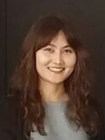
Contact
Functie
Assistant Professor

Historical and Contemporary China-Middle East Relations; Iran-China Relations; History of Iran; History of China; Cold War History; Contemporary and Historical Silk Road
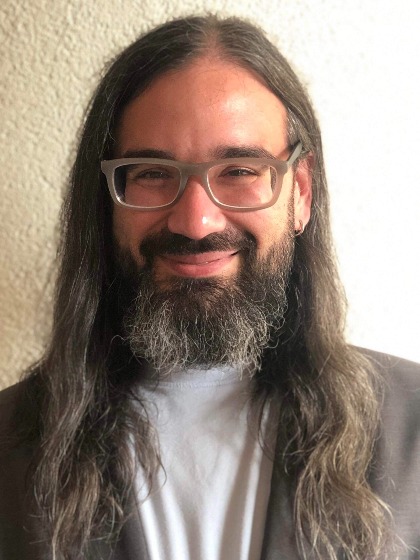
Contact
w.a.figueroa rug.nl
Functie
Assistant Professor of History and Theory of International Relations

Contact
Functie
Àssistant Professor
Van Haaften is a historian interested in the question how higher educational institutes, as nodes in a transnational network of knowledge institutes, have transformed societies. His research has a strong focus on South Asia, particular India. He has... lees meer

Contact
Functie
Universitair docent
East Asian studies, Mongolia
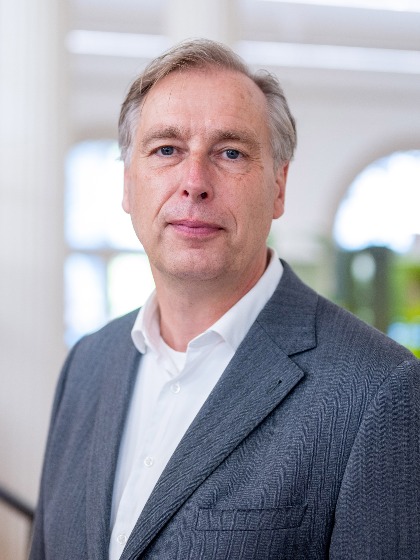
Contact
Functie
Dean Faculty Campus Fryslân / Professor of International Studies, with a special focus on East Asia
Vakgebied
Professor of Multilevel Governance and Regional Structure

Contact
Functie
Professor
Vakgebied
Qian obtained her PhD degree in 2022 from Erasmus University Rotterdam with her project The Assemblage of Social Death: Mapping Digital Vigilantism in China. She was also a visiting scholar at The University of Oxford China Centre in 2024. Qian's research... read more

Contact
qian.huang rug.nl
Functie
Docent
Moderne geschiedenis en internationale betrekkingen van Oost-Azië ( i.h.b. Japan), geschiedenis en historiografie van kolonialisme, imperialisme en globalisering, Europese politieke cultuur en politieke geschiedenis, ( 19e -21e eeuw) met speciale... lees meer
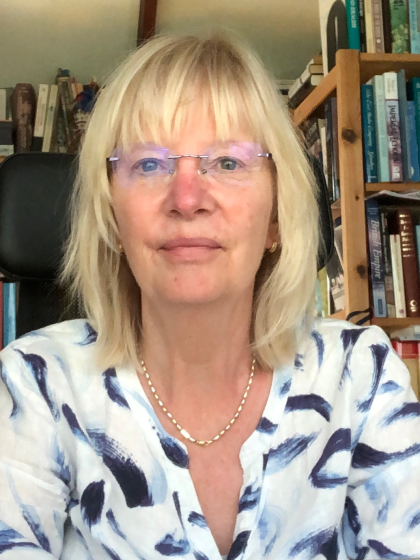
Contact
janny.de.jong rug.nl
Functie
Em. Bijzonder hoogleraar Europees-Oost-Aziatische betrekkingen, i.h.b. aangaande Japan, vanwege de stichting Groninger Universiteitsfonds
Vakgebied
Li is interested in international education, particularly within the context of Chinese higher education. Her research primarily explores how Chinese transnational universities are shaped by and operate within the geopolitics of education. She examines... read more
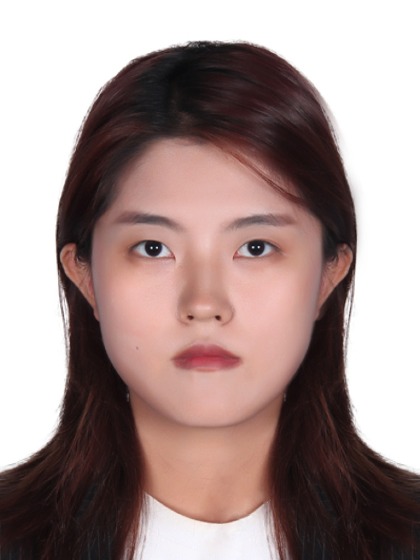
Contact
Functie
PhD student
Vakgebied
I specialise in law, public policy, and politics. My academic focus is on digital transition and the translation of internationally created norms into governance practices at the local levels. I work on both climate transitions (with a focus on human... lees meer
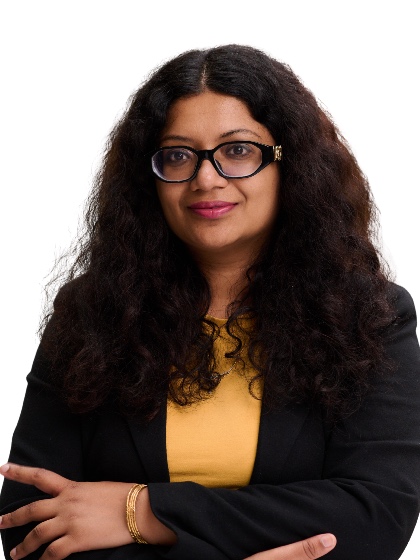
Contact
r.manuvie rug.nl
Functie
Assistant Professor
Art History of China, predominantly from the sixteenth century onwards; early and modern Chinese history; archaeology and material culture of China/East Asia; early and modern printing systems, including photography in China and Japan; classical... lees meer
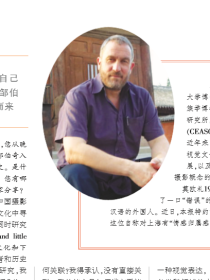
Contact
Functie
Hoogleraar Chinese taal & cultuur
Vakgebied
Indian Studies, Textual Studies, Performance and Ritual in South Asia
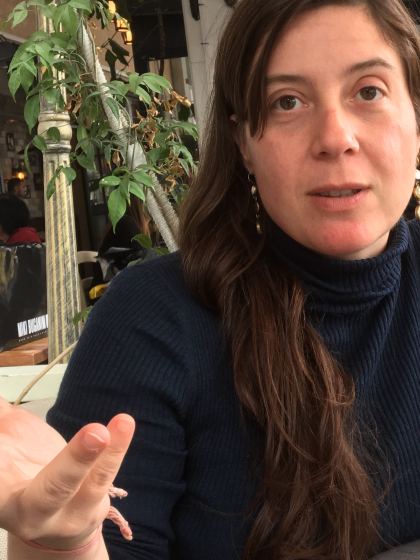
Contact
e.mucciarelli rug.nl
Functie
Assistant Professor for Hinduism in the Sanskrit Tradition - Gonda Lecturer
Vakgebied
Koloniale geschiedenis; Migratiegeschiedenis; Mondiale Geschiedenis; Wereldgeschiedenis; Geschiedenis van Chinese migratie; Geschiedenis van Indonesië, Maleisië, Singapore.
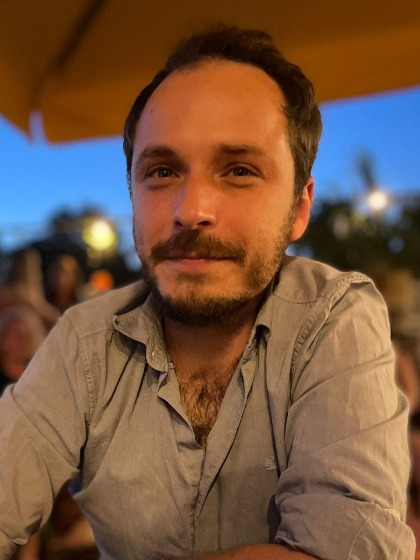
Chinese studies; International Relations; Modern and Contemporary History of Asian countries; Development Studies; International Comparative Education; International Development Cooperation; International Organizations and the UN; Policy Analysis.
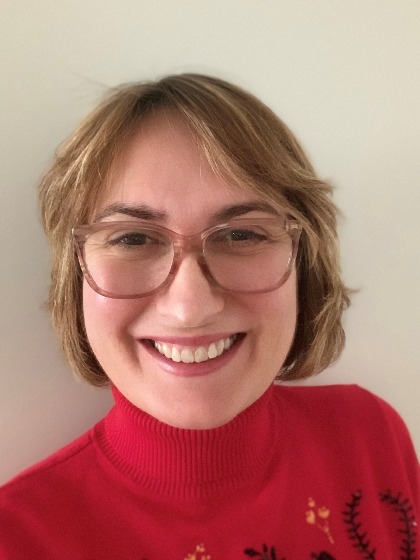
Contact
c.pinna rug.nl
Functie
Theories of International Relations, Visual Studies, Political Geography/Critical Geopolitics, Theories of Discourse, East Asian Studies
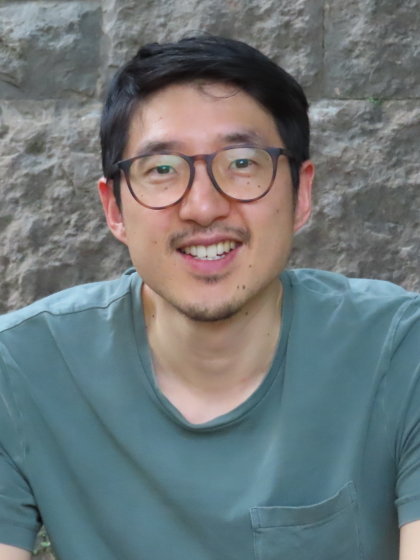
Contact
Functie
Universitair docent 1
South Asian and Global History of the early modern period;
History of the VOC (Dutch East India Company) in India and Asia; Indian Ocean Port Cities and Trading Communities; Social History of Knowledge; SondToll Registers Online
History of the VOC (Dutch East India Company) in India and Asia; Indian Ocean Port Cities and Trading Communities; Social History of Knowledge; SondToll Registers Online
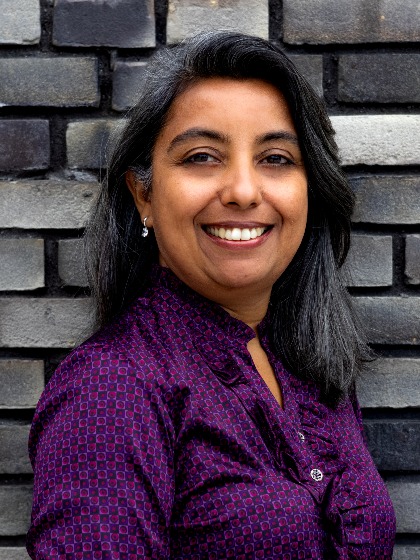
Contact
Functie
Universitair docent
Contemporary South and Southeast Asian history; history of North-South relations since the 19th century; internationalisms after 1945
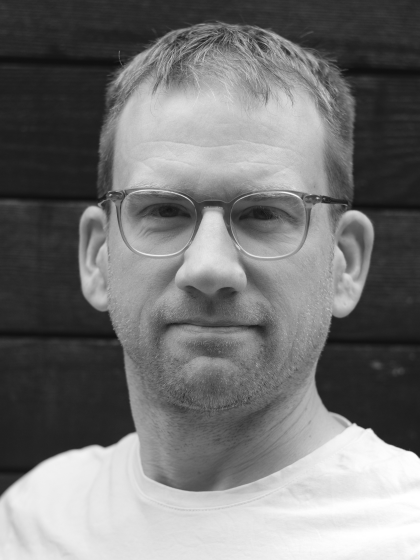
Contact
Functie
Hoogleraar Eigentijdse Geschiedenis
Modern Vietnamese Histroy
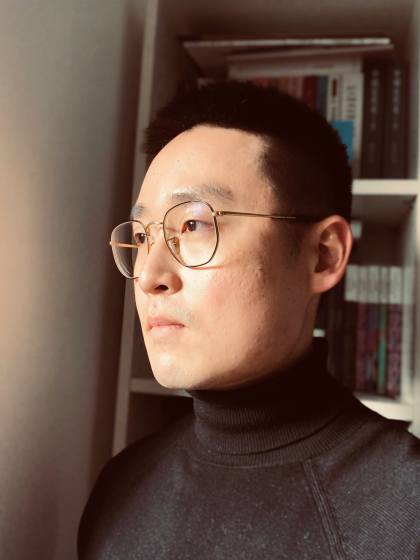
Law and Economics, Climate change Law (in particular Emissions Trading Design, Linking, Allocation and Competition), Competition law and Public Procurement in EU, China and Japan
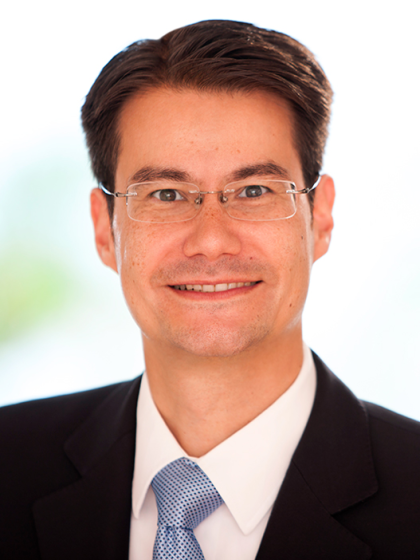
Contact
Functie
Professor of Law and Economics
View this page in: English
